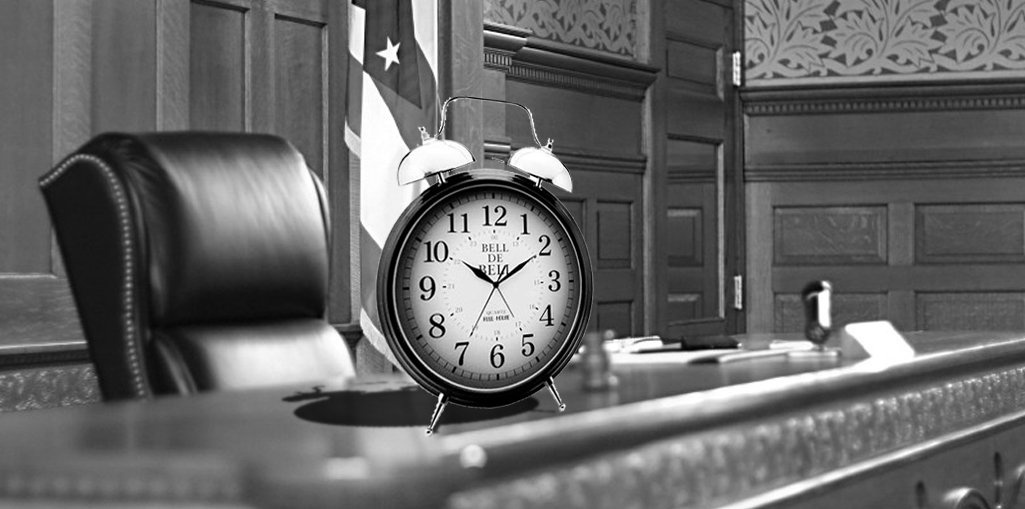
Just imagine this scenario: you get arrested for something, are released from the police station later that day, and never hear anything from the police or district attorney’s office again. Then months or maybe years later you get pulled over for a simple speeding ticket, or try to renew your driver’s license and find out there’s a warrant out for your arrest! This happens all the time! Because our courts are so backed up sometimes District Attorney’s offices simply don’t get around to pursuing and completing a criminal action against you. So without knowing it, you might have missed a court date, or have a warrant for your arrest and are seemingly a fugitive on the run!
But don’t worry! An experienced defense attorney knows that long delays during a criminal prosecution against you can be considered violations of your Constitutional right to a speedy trial. For instance, in California, if the District Attorney waits longer than a year to pursue and complete a criminal action against you, you are entitled to a dismissal! The District Attorney must have very good reasons for delaying in order to avoid this dismissal! Simply saying “we forgot!” or “we didn’t have the time or resources!” won’t work.
This process is known as filing a Serna motion, named after a famous case that established this right. While an inexperienced defense attorney might get caught up trying to argue the facts of your case or settle a plea agreement that is detrimental to you, a good attorney will first file a Serna motion and try to dismiss all allegations against you!
 Orange County Criminal Defense Lawyer Blog
Orange County Criminal Defense Lawyer Blog

